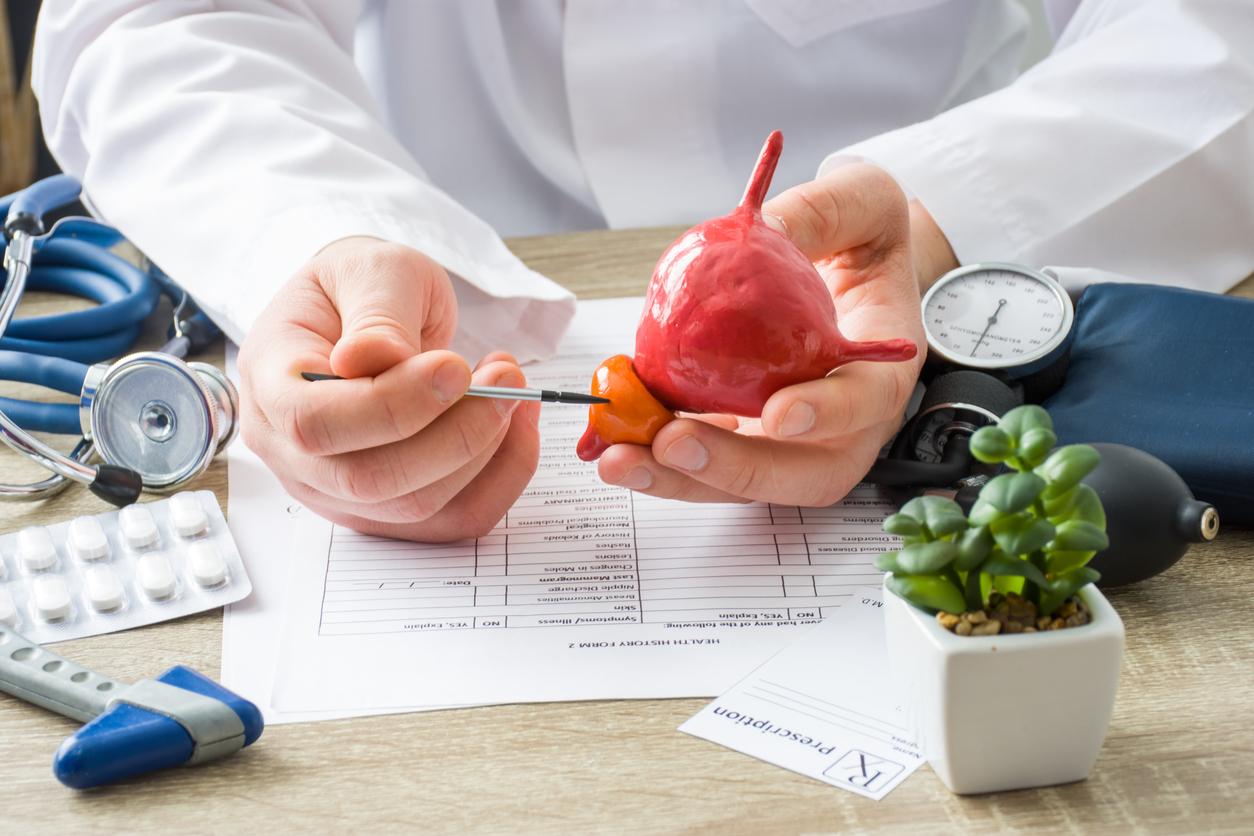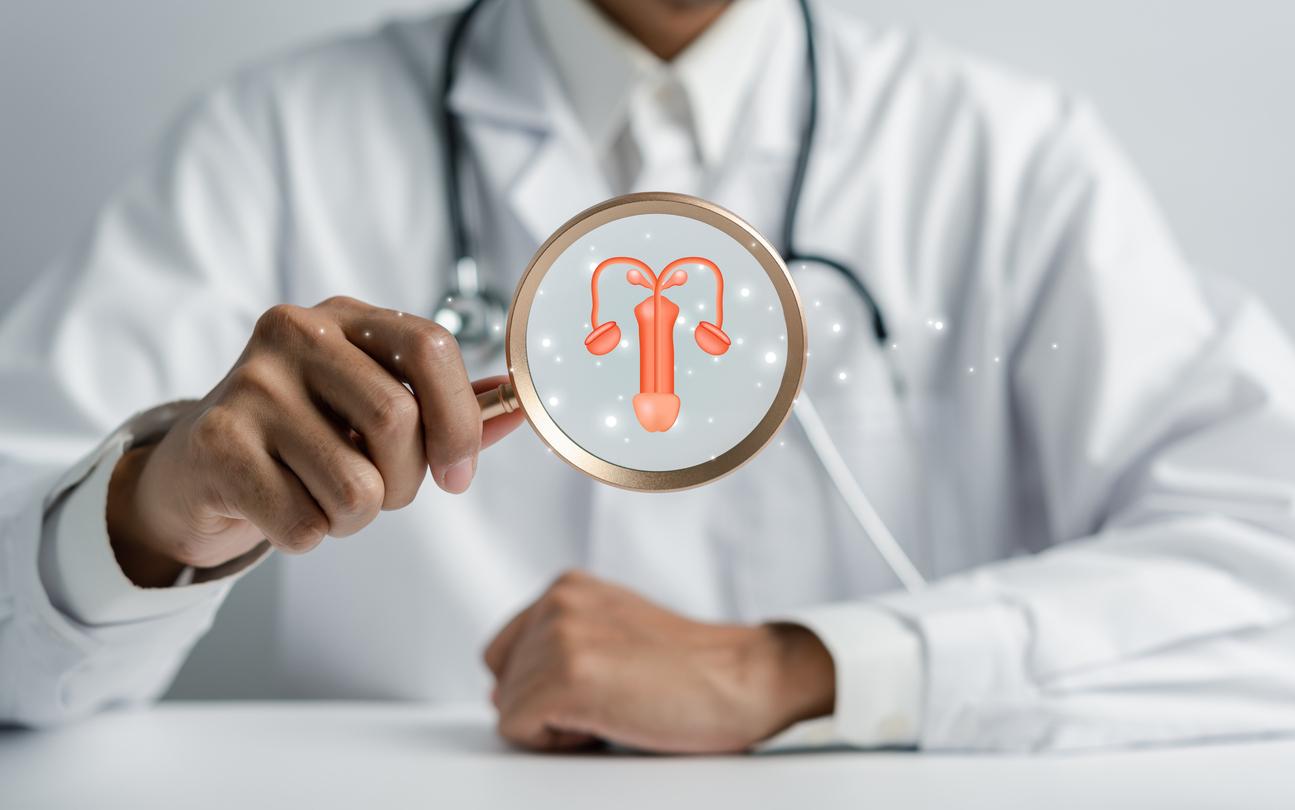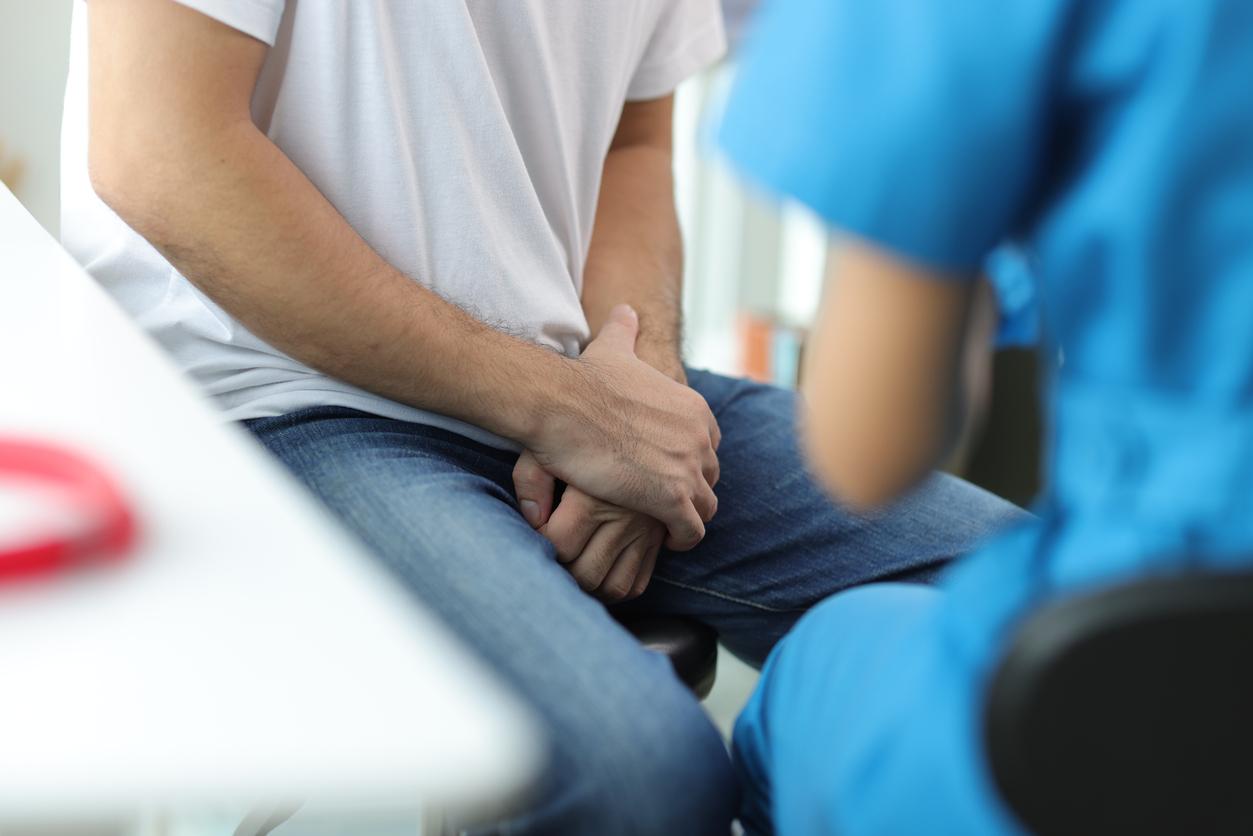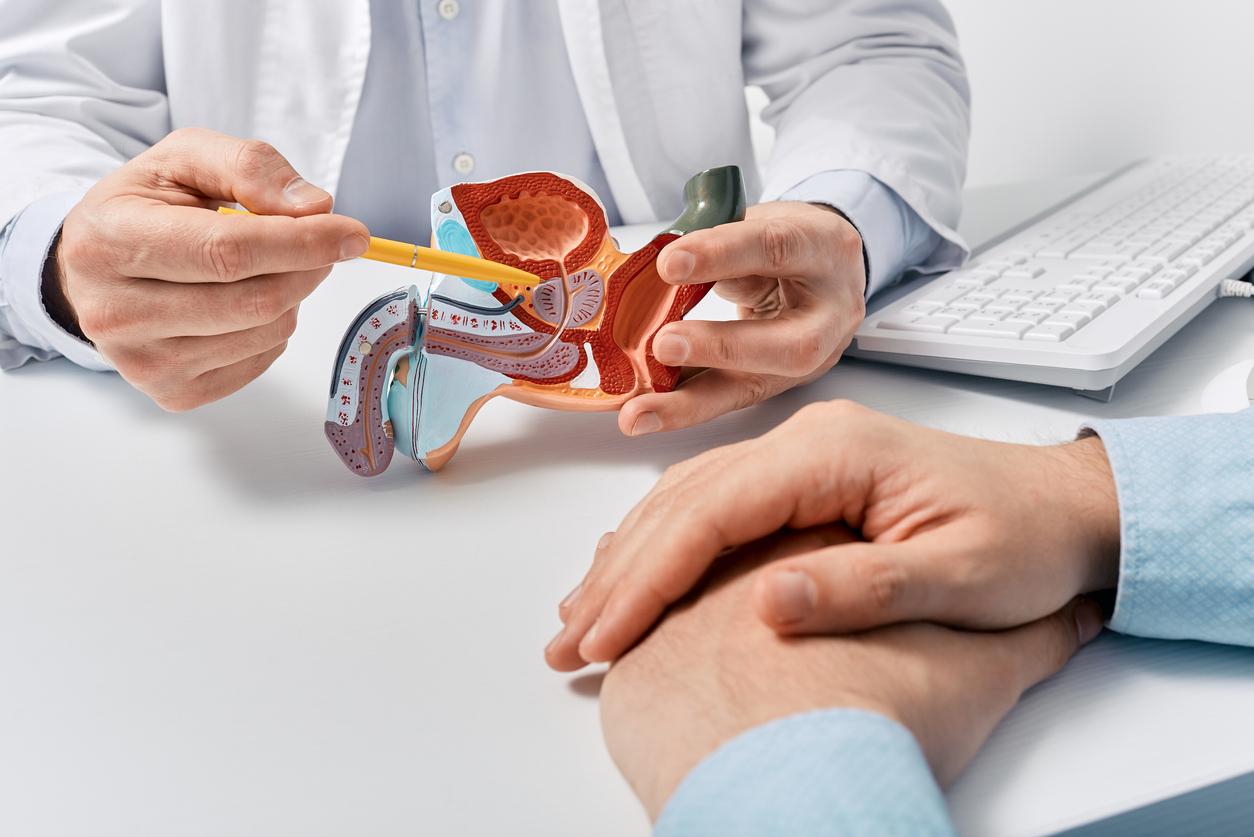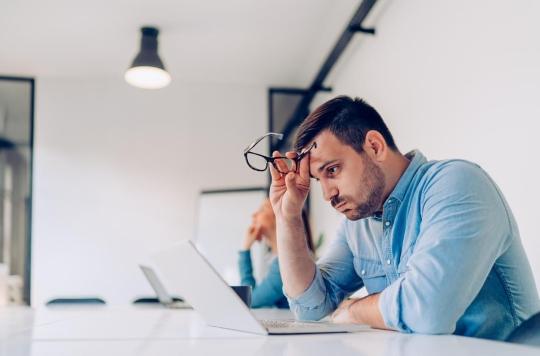Top Santé: Why create a new type of center dedicated to urology?
Prof. François Haab: It is not just a urology consultation, but a center for urogenital pathologies in men and women *. It is a project that I have been carrying for a long time already. In 1996, when I returned from the United States, I set up the Perineal Exploration Center at Tenon Hospital, which brought together urologists and gynecologists. The idea was to set up a joint consultation with a course of care where, on the same day, the patient could do her urodynamic assessment with the urologist, followed by a consultation with the gynecologist. But it was necessary to go further and offer in one place the possibility of exploring all the ailments directly or indirectly related to urology.
Top Santé: What specialists will we find there?
Prof. François Haab: The multidisciplinary team offers varied and complementary skills: urology, gynecology, oncology, andrology, sexology … Each urologist is a “hyperspecialist” of a urological symptom. The “lithiasis” (calculus) pole brings together a urologist specializing in urinary stones, a nephrologist and a dietitian. The “oncology” pole has a urologist, an oncologist, a nephrologist, and a nurse for therapeutic education and supportive care. There is also a “prostate” pole, associating a urologist, an endocrinologist, a nephrologist and a dietitian; an “andrology” pole bringing together skills in urology, andrology and endocrinology and finally a “female incontinence, organ descent, female and couple sexology” pole, which I take care of with a gynecologist, a sexologist and physiotherapists. Male incontinence will also be treated by this group but in connection with the “cancer” group because this incontinence is often the result of prostate operations.
Top Santé: In practice, what will this change for the patient?
Prof. François Haab: We wanted to organize the consultation around his expectations. For a given symptom, he will be able to find in a unit of place and time all the specialists he needs. And, to my knowledge, this does not exist anywhere else, neither in the public nor in the private sector. In general, consultations are organized for the doctors, without thinking about the expectations and the needs of the patients. We wanted to take a new look: start from the patient, from his symptom, for complete care. This will also materialize in the website, which will not be organized by disease, but by symptom. Because it is the symptom that interests the patient, who wants an answer to his concerns. And be reassured … Which is not always the case when you consult certain sites.
Top Santé: Do you have other projects?
Prof. François Haab: First of all, develop e-health. From 10 to 15% of consultations could be done remotely, which would again save considerable time for patients. A medical appointment is a half-day lost between transport, waiting … With the City of Paris, we are currently thinking about the development of e-health in the capital.In urology more specifically, my dream would be to have a chair equipped like those of the dental offices. A chair on which we could do everything: diagnosis, small surgical operations … Everyone finds it normal to extract four wisdom teeth in a dental office, and no one imagines the same operation in other specialties.
* Paris Opéra Urology Center, 12, rue Auber, 75009 Paris.
Interview by Cendrine Barruyer
For further
Impotence: Which doctor can help me?
Infographic: what to know about urinary incontinence










